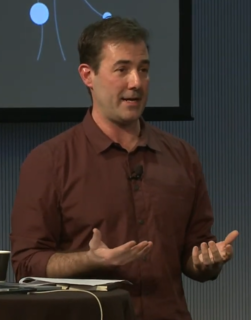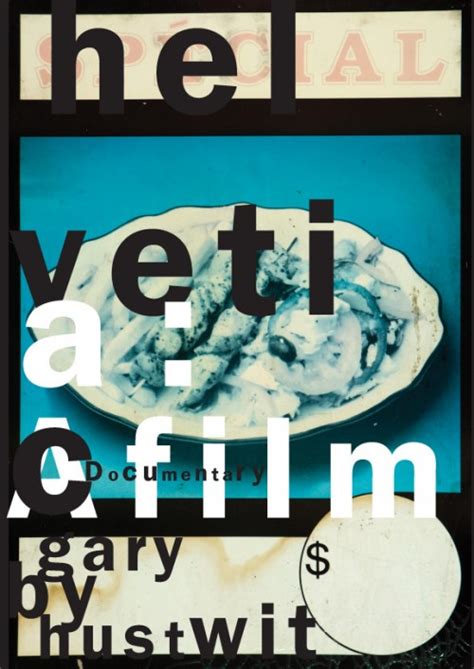A Quote by Usama Fayyad
Humans are very good at making algorithms work eventually.
Quote Topics
Related Quotes
These algorithms, which I'll call public relevance algorithms, are-by the very same mathematical procedures-producing and certifying knowledge. The algorithmic assessment of information, then, represents a particular knowledge logic, one built on specific presumptions about what knowledge is and how one should identify its most relevant components. That we are now turning to algorithms to identify what we need to know is as momentous as having relied on credentialed experts, the scientific method, common sense, or the word of God.
You make good work by (among other things) making lots of work that isn't very good, and gradually weeding out the parts that aren't good, the parts that aren't yours. It's called feedback, and it's the most direct route to learning about your own vision. It's also called doing your work. After all, someone has to do your work, and you're the closest person around.
Build a good name. Keep your name clean. Don’t make compromises, don’t worry about making a bunch of money or being successful. Be concerned about doing good work. Protect your work and if you build a good name, eventually that name will be its own currency. Life is like a roller coaster ride, it is never going to be perfect. It is going to have perfect moments and rough spots, but it’s all worth it.
I think it comes in cycles for Brandy [Burre] and for many women. You want to take care of your home, making it as good as possible for your kids and for yourself, and then eventually you feel trapped and you want to break out of that. You want to be someone else and you want the world to look at you as something else. Eventually, you come back again. The cycles are very much a part of her life.
Eventually, I think, by using such elements as flocks of birds or biblical quotes, repeatedly I add meaning to my final product. I'm still exploring how to express my feelings through these elements. I've always felt that in order to portray humans, you should not be shooting humans; you should be shooting something else. And what I've used is animals, which are very important in my films.
Gnomes live ten times faster than humans. They're harder to see than a high-speed mouse. That's one reason why most humans hardly ever see them. The other is that humans are very good at not seeing things they know aren't there. And, since sensible humans know that there are no such things as people four inches high, a gnome who doesn't want to be seen probably won't be seen... Wings.
There's a few historical reasons for why git was considered complicated. One of them is that it was complicated. The people who started using git very early on in order to work on the kernel really had to learn a very rough set of scripts to make everything work. All the effort had been on making the core technology work and very little on making it easy or obvious.
































